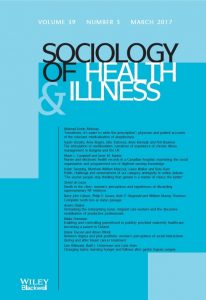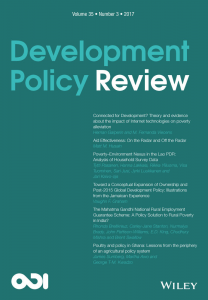In the digital ‘culture war’, left wing politics must capture online spaces – not just try to regulate them
It is tempting to see in contemporary digital political communication nothing more than too many people, saying too much, too loudly. Or, as Plato put it when complaining of the Athenian Assembly, people ‘shouting or hammering their disapproval and approval, grossly exaggerated in either case, of the things that are said and done’. That temptation is to be avoided. Our choice is not between acquiescence to elite authority on the one hand, and acceptance of our cacophonous public sphere on...




















